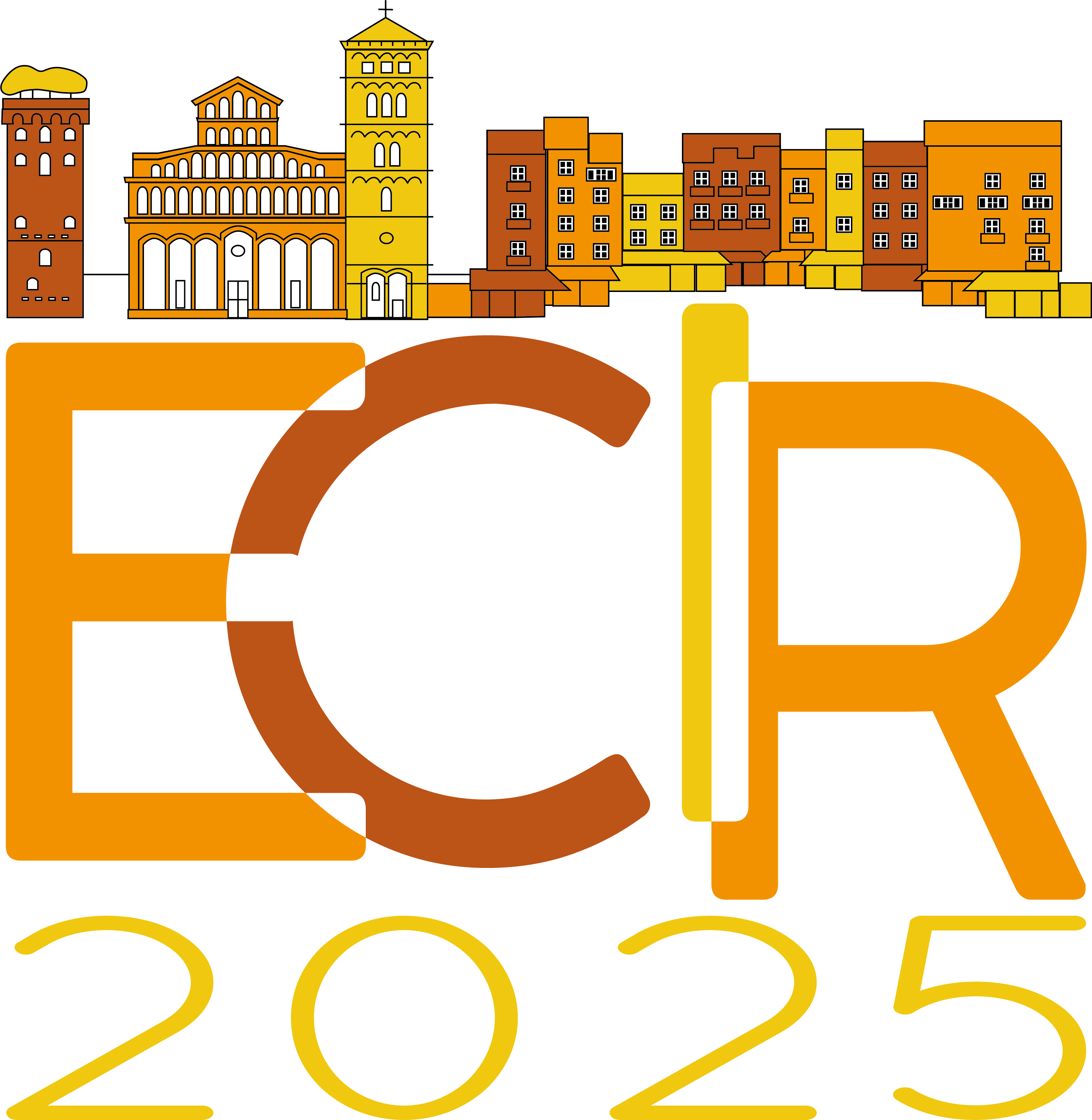Call for Tutorials
The European Conference on Information Retrieval (ECIR) is the prime European forum for the presentation of original research in the information retrieval (IR) field.
ECIR 2025 is seeking proposals for half-day (3 hours plus breaks) tutorials covering topics relevant to the field of IR and its applications. Each tutorial should cover a single topic in depth. For example, tutorials may cover an established IR sub-topic, introduce an emerging topic in IR and its application, or update the ECIR community on recent advances in other relevant fields, such as conversational systems, recommendation systems, artificial intelligence, or machine learning. Tutorials are encouraged to be as interactive and hands-on as possible (e.g., having exercises the participants can complete during or after the tutorial).
There are no restrictions on who can present during a tutorial (e.g., PhD students may present). However, all tutorials must be delivered “in person”, and it is strongly recommended that an experienced academic or industry practitioner is involved.
ECIR 2025 is committed to improving the field by making the research community more diverse, equitable, and inclusive. We strongly encourage tutorial organisers to ensure that their organisation committee is diverse and includes women and members from other underrepresented groups. The diversity of the organising committee will be considered during the review process as a factor for acceptance.
Topics of Interest
ECIR 2025 encourages the submission of tutorials on the theory, experimentation, and practice of retrieval, recommendation, representation, management, and usage of textual, visual, audio, and multi-modal information. Additionally, proposals aligned with other IR/recommendation systems topics are also highly welcome.
Relevant topics include, but are not limited to:
- User aspects, including information interaction, contextualisation, personalisation, simulation, characterisation, and behaviours;
- System and foundational aspects, including retrieval models and architectures, content analysis and classification, recommendation algorithms, query processing and ranking, efficiency and scalability;
- Machine learning, deep learning and neural models, natural language processing, and graph models applied to information retrieval, recommender systems, and interaction;
- Conversational search systems, focusing on natural language understanding and generation, dialogue management, multimodal interaction, and user engagement in search processes;
- Explainability methods, addressing the transparency, interpretability, and accountability of AI-driven systems, particularly for information retrieval, recommendation, and personalisation;
- Applications, such as web search, recommender systems, web and social media apps, professional and domain-specific search, novel interfaces to search tools, intelligent search, and conversational agents;
- Evaluation, including new metrics and novel methods for the measurement and evaluation of retrieval systems, users, and/or applications;
- Social and technical challenges include bias, ethics, fake news and hate speech, IR-focused trustworthy & explainable AI methodologies and techniques.
Submission Guidelines
Tutorial proposals should contain the following information:
- Title of the tutorial;
- Motivations, learning objectives, and scope of the tutorial, and its relevance to the information retrieval community;
- Tutorial format, length (3 hours plus breaks), and a detailed outline;
- Target audience (introductory, intermediate, advanced) and prerequisite knowledge or skills required;
- Tutorial history (previous tutorial offerings, if any) and reference to tutorials in the subject area held at ECIR or other related conferences (including SIGIR, WSDM, WWW, KDD, ACL, RecSys, ICML, etc.);
- Detailed contact information of all presenters (and an indication of the primary contact person), including a brief biography (max. two paragraphs) for each presenter, highlighting relevant experience in presenting tutorials, teaching grad classes, or organising summer schools;
- Citations to publications covered by the tutorial and support materials to be supplied to attendees.
Tutorial proposals should be prepared using the Springer proceedings template found on the Springer webpage (to be found at https://www.springer.com/gp/computer-science/lncs/conference-proceedings-guidelines), with a maximum length of 8 pages, including references. All proposals should be written in English and submitted electronically through the conference submission system (https://easychair.org/conferences/?conf=ecir2025).
The ECIR 2025 tutorial committee will review tutorial proposals. The ECIR Tutorials co-chairs will make the final decisions. The review process is single anonymized (“single-blind”) so that personal or institutional repositories can be used for the submission. The organisers of accepted tutorials will be invited to submit a camera-ready summary of the tutorial, to be included in the ECIR 2025 conference proceedings.
Ethics and Professional Conduct
ECIR 2025 expects authors (as well as the PC, and the organising committee) to adhere to accepted standards on ethics and professionalism in our community, namely:
- The ACM’s Policy on Authorship,
- The ACM’s Code of Ethics and Professional Conduct,
- The ACM’s Conflict of Interest Policy,
- The ACM’s Policy on Plagiarism, Misrepresentation, and Falsification,
- The ACM’s Policy Against Harassment.
Tutorials Track Dates
- Tutorial proposals submission: November 8, 2024, 11:59pm (AoE)
- Tutorial notification: December 16, 2024
- Tutorial day: April 06, 2025
Tutorials Track Chairs
- Christine Bauer (Paris Lodron University Salzburg, Austria)
- Giovanni Trappolini (Sapienza University, Italy)
- Contact: ecir2025-tutorials AT easychair.org
